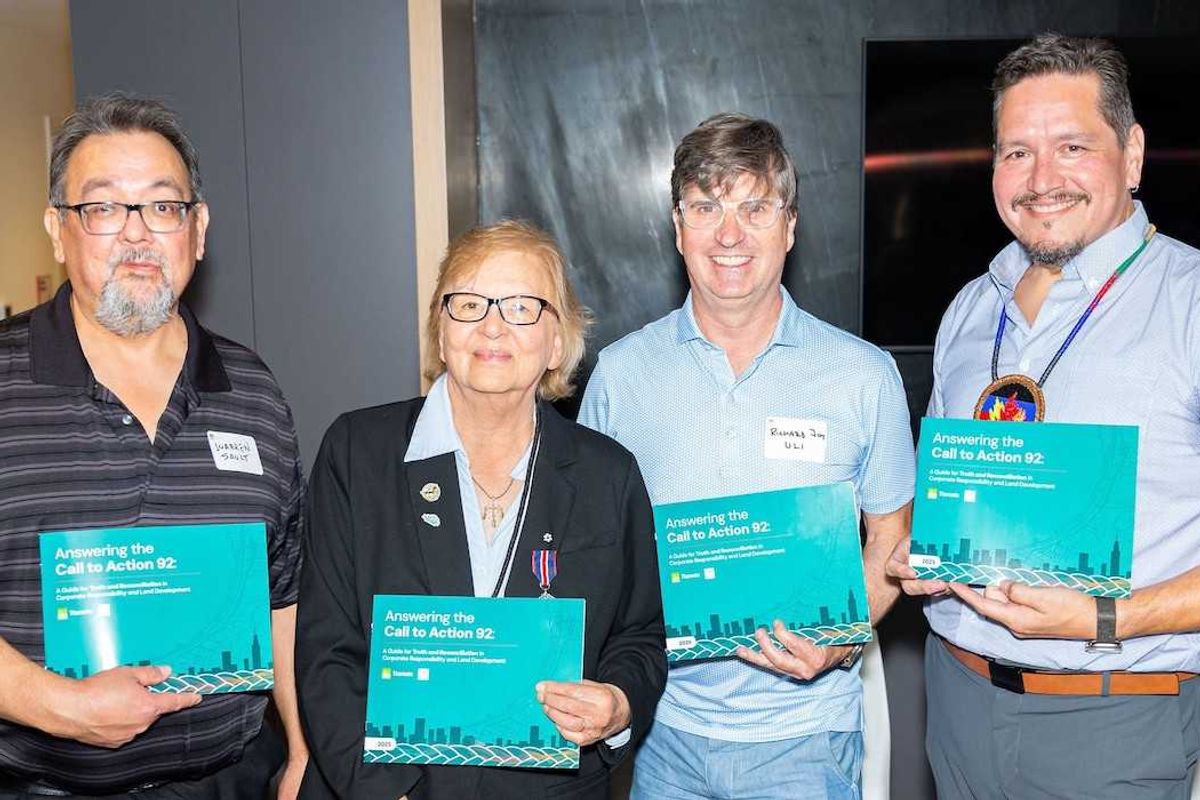THE WORLD commemorated World Teachers' Day on October 5, and today TTUTA takes time out to salute this group of people who are truly unsung heroes...
Vous n'êtes pas connecté
- English
- Français
- عربي
- Español
- Deutsch
- Português
- русский язык
- Català
- Italiano
- Nederlands, Vlaams
- Norsk
- فارسی
- বাংলা
- اردو
- Azərbaycan dili
- Bahasa Indonesia
- Հայերեն
- Ελληνικά
- Bosanski jezik
- українська мова
- Íslenska
- Türkmen, Түркмен
- Türkçe
- Shqip
- Eesti keel
- magyar
- Қазақ тілі
- Kalaallisut ; kalaallit oqaasii
- Lietuvių kalba
- Latviešu valoda
- македонски јазик
- Монгол
- Bahasa Melayu ; بهاس ملايو
- ဗမာစာ
- Slovenščina
- тоҷикӣ ; toğikī ; تاجیکی
- ไทย
- O'zbek ; Ўзбек ; أۇزبېك
- Tiếng Việt
- ភាសាខ្មែរ
- རྫོང་ཁ
- Soomaaliga ; af Soomaali
Rubriques :
 Maroc - NEWSDAY.CO.TT - A la Une - 30/Sep 03:37
Maroc - NEWSDAY.CO.TT - A la Une - 30/Sep 03:37
Rights versus entitlement: An education perspective
GLOBALLY education is accepted as a right of every child. While in TT education is not coded as a constitutional right, it is treated as such by many pieces of subsidiary legislation. Rights, however, are accompanied by responsibility. Accessing the right to education is predicated on individual sacrifice. Education translates into opportunity for personal growth, empowerment and the enlargement of choices. Unfortunately, to many this right is being increasingly seen as an entitlement, where personal sacrifice is not a precondition to success. This psyche characterises many school communities across the land. It is a psychological mindset that perpetuates the dependency syndrome of the oppressive colonial era. While the state continues to expend significant amounts of money to provide educational opportunity, it is up to the citizenry to harness such opportunity through the investment of time, effort and money. This begins by ascribing a high premium and value for the acquisition of education and a concomitant willingness for commensurate sacrifice for its successful pursuit. Parents must therefore inculcate in their children from a tender age that education is a ticket to a better life; an opportunity to move up the social ladder regardless of one’s socio-economic background. Free education is a right that must be not just cherished but taken advantage of. Embracing educational opportunity assumes an understanding and acceptance that certain sacrifices must be made on the part of the individual. On a daily basis, teachers and school officials are confronted with a social trend where both parents and children view education as an entitlement wherein they deserve certain privileges or special treatment. Many seem to assume that one is owed success on account of their diminished social status without equivalent effort or contribution. They fail to grasp that sacrifice, especially in the pursuit of education, represents the very foundation of progress. This culture of entitlement has become increasingly prevalent and is fuelled by politicians and now social media, which equate self-worth with notions of instant gratification. Many citizens have bought into the narrative of expecting reward without personal struggle. The dichotomy of an alternate social order that contradicts the underlying assumptions of schooling is a conundrum that many educators are forced to confront regularly. Increasingly, children see no value in expending effort or making sacrifices in the pursuit of education and schools have become an extension of welfare support rather than an opportunity for the liberation of the mind and the realisation of one’s full potential. They approach schooling from a perspective of contempt rather than humility and gratitude. Such entitlement notions make the school subservient to the learner; hence the disrespect displayed to teachers. They fail to understand that sacrifice must be a conscious and disciplined choice to endure discomfort or delay gratification in the pursuit of something greater. Students who emerge from a schooling system without embracing personal responsibility for one’s destiny through sacrifice ultimately become liabilities to the state, for they abdicate their obligation to forge their success paths by embracing opportunity. They exist in a permanent state of victimhood and self-pity, blaming everyone else for their failures rather than themselves. Unfortunately, sacrifice has become an undervalued virtue and even perceived as weakness by some, especially in a culture that celebrates and promotes self-interests and instant gratification. They have no misgivings in living with the efforts and sacrifices of others. This is inimical to the creation of a just and good society. Indeed, it leads to the creation of siloed communities characterised by inequality and inequity. This morality contradiction between schools and their communities is a chasm that is unfortunately widening with corresponding negative social consequences, chief among which is the rampant crime culture that is partially based on genuine feelings of unfulfilled entitlement. This morphs into anger and resentment of those who have thus justified their criminality. Parents do their children a disservice by inculcating those notions of entitlement when it comes to education. They must teach their children by example that sacrifice is the key to success and while education is a right, benefiting from it requires hard work, discipline and an investment of time and effort. It is also a slow and painful process with no shortcuts. Civic, community and political leaders must also reinforce this virtue at every opportunity, not just in words but by their very actions. While schools are morality agents, this agency is a shared responsibility with the other education institutions in the society, including the media. Let us spare our children the mixed messages. The post Rights versus entitlement: An education perspective appeared first on Trinidad and Tobago Newsday.
Articles similaires
Health: Where right and wealth collide
AN Arabian proverb says that he who has health, has hope; and he who has hope, has everything. Amid the dwindling hope of many, and nothingness of...
US schools are losing families to homeschooling: How to bring them back
The rise in homeschooling since 2019 shocked many educators as families who once assumed their children would attend public school are opting out and...
'Refusing to cave': Glee as MIT becomes first school to stand up to Trump 'ransom note'
The Massachusetts Institute of Technology on Friday became the first university to reject President Donald Trump’s “Compact for Academic...
Tobago stakeholders want sex education in classrooms
There are calls for sex education to be added to the school curriculum after the recent revelation by THA Secretary of Health, Wellness and Social...
The Founder’s Exit Dilemma: Why Most Entrepreneurs Get It Wrong
For many entrepreneurs, building a company is one of the greatest achievements of their lives. But there comes a moment that is often overlooked in...
Budget deficits and their usefulness
THE EDITOR: A budget deficit occurs when government spending exceeds government revenues in a given period. Many economies run deficits, especially...
African culture must rise again to save morality, identity — AAUA Don
Professor Adetunbi Ogunleye, a scholar of African Traditional Religion and Cultural Studies, has urged Africans to return to their cultural roots...
Cultural Revival, Key to Africa's Moral Rebirth -- Prof. Ogunleye
A Professor of African Traditional Religion and Cultural Studies, Adetunbi Ogunleye, has called for a revival and reawakening of African culture...
Op-Ed: Building The Future On A Foundation Of Truth
This piece was written and submitted by Carolyn King, President & Board Chair of the Shared Path Consultation Initiative, and Richard Joy, Executive...
Les derniers communiqués
-
Aucun élément







